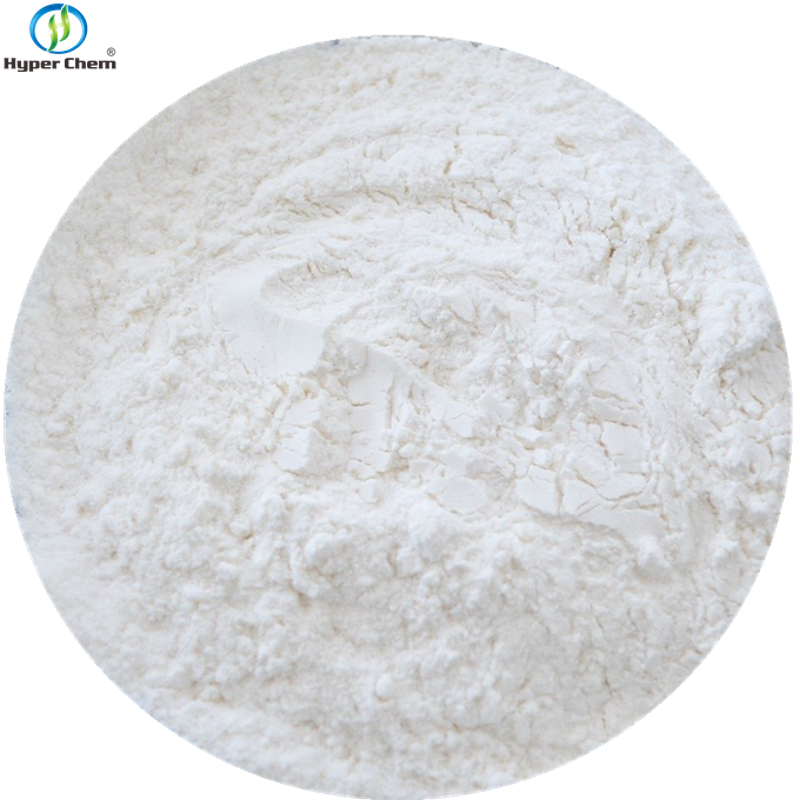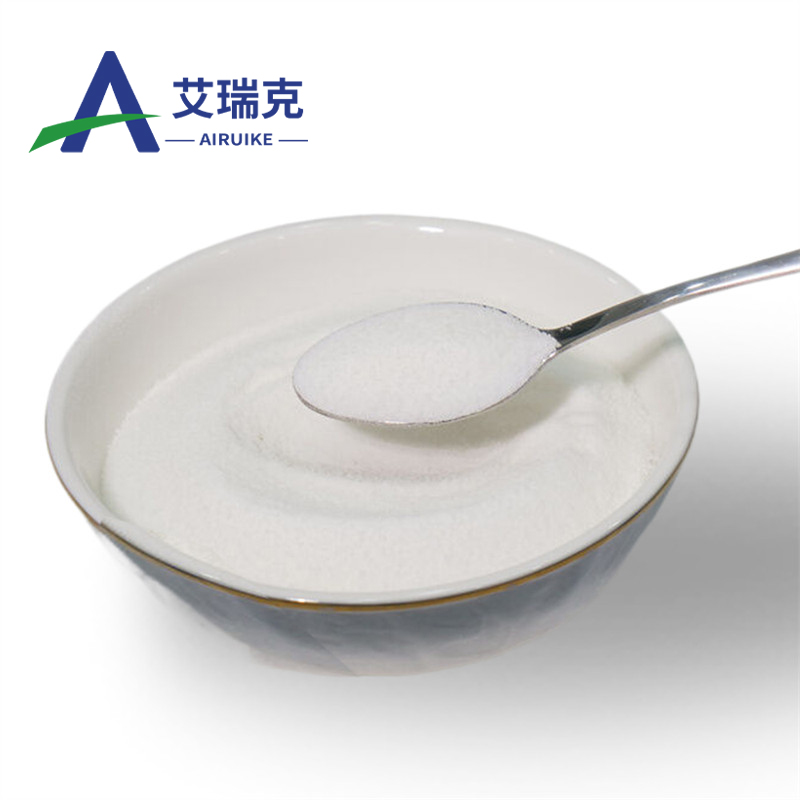-
Categories
-
Pharmaceutical Intermediates
-
Active Pharmaceutical Ingredients
-
Food Additives
- Industrial Coatings
- Agrochemicals
- Dyes and Pigments
- Surfactant
- Flavors and Fragrances
- Chemical Reagents
- Catalyst and Auxiliary
- Natural Products
- Inorganic Chemistry
-
Organic Chemistry
-
Biochemical Engineering
- Analytical Chemistry
-
Cosmetic Ingredient
- Water Treatment Chemical
-
Pharmaceutical Intermediates
Promotion
ECHEMI Mall
Wholesale
Weekly Price
Exhibition
News
-
Trade Service
Recurrent stroke affects about 9% to 15% of the population within 1 year, and this article provides guidance on long-term secondary prevention pharmacological interventions after ischemic stroke or transient ischemic attack, involving the management of blood, blood glucose, and lipids, and antiplatelet therapy
.
Yimaitong compiles and organizes, please do not reprint
without authorization.
Question 1: In patients with a prior history of ischaemic stroke or TIA, does antihypertensive therapy reduce the risk of stroke recurrence more than no antihypertensive therapy?
Evidence-based recommendations: Antihypertensive therapy is recommended for patients with a prior history of ischaemic stroke or TIA to reduce the risk of
stroke recurrence.
(Quality of evidence: high, strength of recommendation: strong).
Question 2: Does the use of in-office blood pressure measurement provide better long-term blood pressure control compared with office blood pressure measurement in patients with a history of prior ischaemic stroke or TIA when starting antihypertensive therapy?
Expert consensus statement: For patients with a prior history of ischaemic stroke or TIA, support the use of in-office blood pressure measurement where feasible for better long-term blood pressure control
.
Question 3: For patients with a prior history of ischaemic stroke or TIA, higher intensity (i.
e.
, blood pressure < 130/80 mmHg) and lower intensity (< 140/90 mmHg) when initiating or intensifying antihypertensive therapy Do treatment goals reduce the risk of recurrent stroke compared to each other?
Evidence-based recommendations: For patients with a prior history of ischaemic stroke or TIA, a blood pressure target of < 130/80 mmHg is recommended to reduce the risk of
recurrent stroke.
(Quality of evidence: moderate, strength of recommendation: weak)).
Question 4: Do two antihypertensive agents reduce the risk of stroke recurrence more than a single antihypertensive agent when starting antihypertensive therapy in patients with a prior history of ischaemic stroke or TIA?
Expert consensus statement: Support the combination of two antihypertensive agents to reduce the risk of stroke recurrence in patients with a prior history of ischaemic stroke or TIA, while considering monotherapy in settings where there is a potential risk of hypotension, such as frail, older people, and borderline
hypertension.
Question 5: In patients with previous ischaemic stroke or TIA, does using HMGCoA reductase inhibitors reduce the risk of stroke recurrence compared with no lipid-lowering therapy?
Evidence-based recommendations: HMGCoA reductase inhibitors are recommended for patients with a prior history of ischaemic stroke or TIA to reduce the risk of recurrence of
ischaemic stroke.
(Quality of evidence: high, strength of recommendation: strong)
Question 6: In patients with ischemic stroke or TIA, do intensive cholesterol treatment targets reduce the risk of stroke recurrence more than non-intensive targets?
Evidence-based recommendations: For patients with ischaemic stroke or TIA, low-density lipoprotein cholesterol (LDL-C) levels are recommended to be controlled at <1.
8 mmol/L (70 mg/dL) to reduce the risk of
major cardiovascular events.
(Quality of evidence: moderate, strength of recommendation: strong).
Question 7: For patients with prior ischaemic stroke or TIA who have taken the maximum tolerated dose of HMGCoA reductase inhibitors for at least 6 weeks, but do not meet the recommended LDL-C targets, is the addition of ezetimibe and/or PCSK9-inhibitors better than HMGCoA reductase inhibitors alone to reduce the risk of stroke recurrence?
Expert consensus statement: For patients with ischaemic stroke or TIA, despite taking the maximum tolerated dose of HMGCoA reductase inhibitor for at least 6 weeks, the recommended LDL-C target is not met, supporting the addition of ezetimibe as an option
to reduce the risk of recurrence of major cardiovascular events.
Question 8: In patients with ischemic stroke or TIA, does long-term antiplatelet therapy reduce the risk of stroke recurrence more than no antiplatelet therapy?
Evidence-based recommendations: long-term antiplatelet therapy is recommended in patients with a prior history of ischaemic stroke or TIA to reduce the risk of
stroke recurrence.
(Quality of evidence: moderate, strength of recommendation: strong).
Question 9: In patients with TIA and ischaemic stroke, does dual antiplatelet therapy with aspirin plus clopidogrel or aspirin plus dipyridamole for more than 90 days better than antiplatelet therapy alone?
Evidence-based recommendations: long-term dual antiplatelet therapy with aspirin plus clopidogrel is not recommended for patients with a prior history of ischaemic stroke or TIA, and a single antiplatelet therapy is recommended to reduce the risk of
stroke recurrence.
(Quality of the evidence: very low, strength of recommendation: weak).
Question 10: Does antiplatelet therapy combined with low-dose direct oral anticoagulation reduce the risk of stroke recurrence more than antiplatelet therapy alone in patients with ischemic stroke or TIA and atherosclerosis who do not have an indication for anticoagulation?
Expert consensus statement: For patients with a history of prior ischaemic stroke or TIA for more than 1 month, antiplatelet therapy combined with low-dose direct-to-mouth oral anticoagulant (rivaroxaban) may be considered to optimize the treatment of
coronary artery disease or peripheral artery disease.
Combination is not considered in patients with ischaemic stroke or TIA without coronary artery disease or peripheral artery disease
.
Question 11: In patients with embolic stroke (ESUS) of unknown origin, does direct oral anticoagulation reduce the risk of stroke recurrence more than antiplatelet therapy?
Evidence-based recommendations: for patients with embolic stroke of unknown origin, antiplatelet therapy rather than direct oral anticoagulation is recommended to reduce the risk of
recurrent stroke.
(Quality of evidence: low, strength of recommendation: weak)).
Question 12: In patients with diabetes and ischemic stroke or TIA, does intensive control of glycated hemoglobin levels (HbA1c) reduce the risk of stroke recurrence more than low-intensity control of HbA1c?
Expert consensus statement: For patients with ischemic stroke or TIA and diabetes, HbA1c levels are supported to be controlled at <53 mmol/mol (7%, 154 mg/dL) to reduce the risk of
microvascular and macrovascular complications.
However, this goal may need to be individualized according to the course of diabetes, age, and comorbidities
.
Question 13: In patients with ischaemic stroke or TIA, does pioglitazone reduce the risk of stroke recurrence more than not using pioglitazone?
Evidence-based recommendations: For patients with ischaemic stroke or TIA who have insulin resistance or type 2 diabetes, pioglitazone is recommended to reduce the risk of
stroke recurrence.
(Quality of evidence: moderate, strength of recommendation: weak)).







